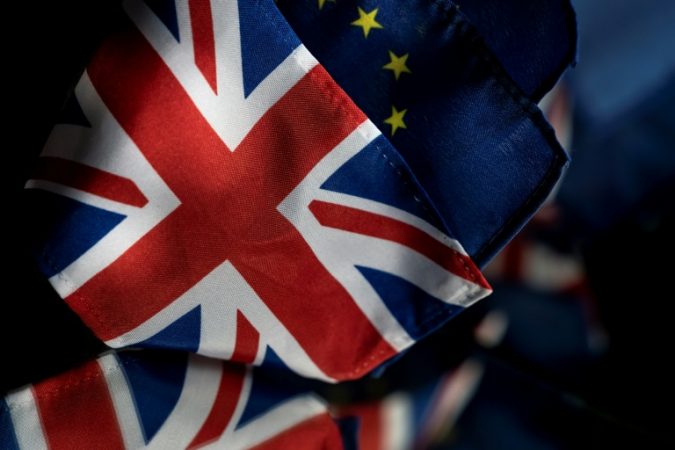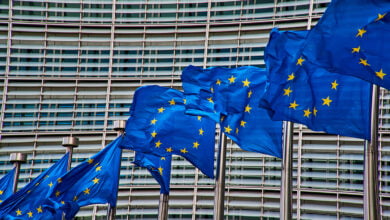
Brexit: deadlock continues between London and Brussels
US, WASHINGTON (ORDO NEWS) — Still missed. British and Europeans once again expressed their “disappointment” Friday, May 15, 2020, after a third round of discussions this week on the post-Brexit relationship , negotiations increasingly tense and at the end very uncertain. Apart from “a few modest overtures, no progress has been possible on the other, more difficult subjects,” said EU chief negotiator Michel Barnier at a press conference in Brussels. He judged this round “disappointing”. His British counterpart David Frost criticized the “little progress” made and called for “a change in approach to the EU” before the next round of talks on June 1.
“Nothing very new under the sun,” sums up a source close to the discussions at the end of this week. With the exception, perhaps, of the tone of the exchanges, this time more “firm, sometimes a little virile”. “The tone was raised a little more this session,” abounds a European source, who evokes a “frustrating” week. “We do things on the spot and time goes by”, for lack of “common vision on what we are trying to do”, she explains.
The previous exchanges, at the end of April, had already ended on an acknowledgment of failure, leaving a strong uncertainty about the ability of London and Brussels to get along, as expected, by the end of the year. The British, who formally left the EU on January 31, entered a transition period until the end of the year, during which they continue to apply EU standards. Negotiators must theoretically decide in June whether or not to extend this period, in order to allow themselves more time to negotiate. But London categorically rejects this idea, even if the coronavirus epidemic has changed the timing of the discussions, as well as their form: exclusively by videoconference.
“Bad faith”
“They seem convinced that we can do without [extension], so we will do without. But it’s a bit of an aberration, “comments the European source, for whom the British are showing” bad faith coupled with economic blindness “. An extension “would only prolong […] the uncertainty of businesses” and would imply “new payments to the EU budget”, said a British spokesperson earlier this week.
Another point of contention: the form of the agreement. Europeans call for broad and ambitious deal over the whole relationship, when the UK demands nothing more than a classic free trade agreement - the same type as that concluded by the EU with Canada - , around which several small sectoral texts could then be negotiated. For David Frost, such agreements could moreover “be concluded without major difficulty in the time available”.
“Unbalanced” arrangements
But the EU would only be ready to accept a trade agreement with the United Kingdom if it was accompanied by guarantees in terms of competition at social, environmental or fiscal level (the “level playing field”, Editor’s note) prevent a deregulated economy from emerging on its doorstep. What the British don’t want to hear about. This European request is even, according to David Frost, “the main obstacle” to an agreement, because London does not intend to be linked in the future “to EU law or standards”. “The EU demands much more from the United Kingdom than from other sovereign countries with which it has concluded agreements,” a spokesman for the British government said on Thursday.
In the area of fisheries , an extremely sensitive issue on which negotiators have agreed to agree before July, the United Kingdom sent a text this week summarizing its position: an annual renegotiation of fishing quotas in its waters, this that the EU rejects. “We cannot agree on arrangements which are manifestly unbalanced and contrary to the interests of the British fishing industry,” insisted David Frost. Despite these dead ends, the next round of negotiations is, for the moment, still scheduled for June 1.
—
Online:
Contact us: [email protected]
Our Standards, Terms of Use: Standard Terms And Conditions.









